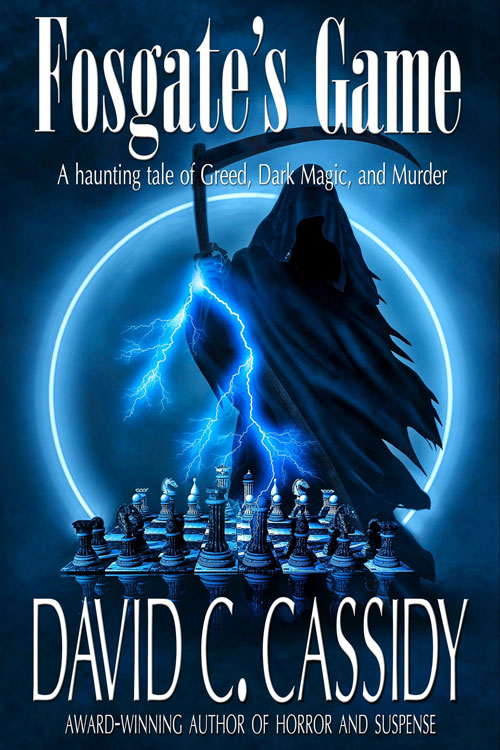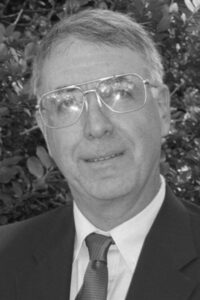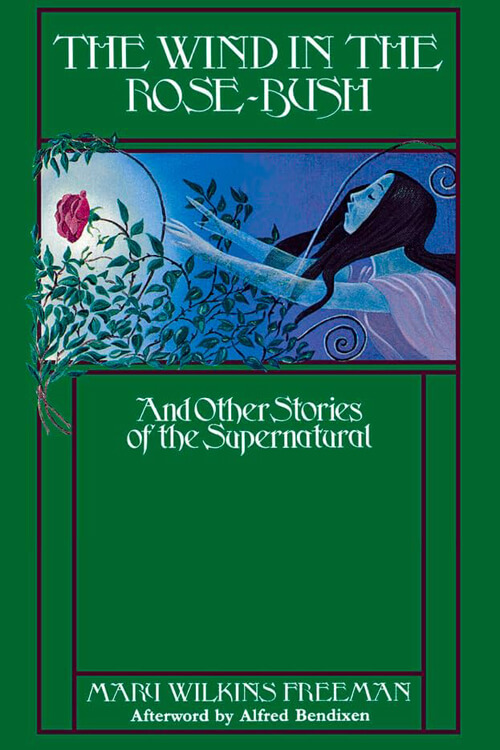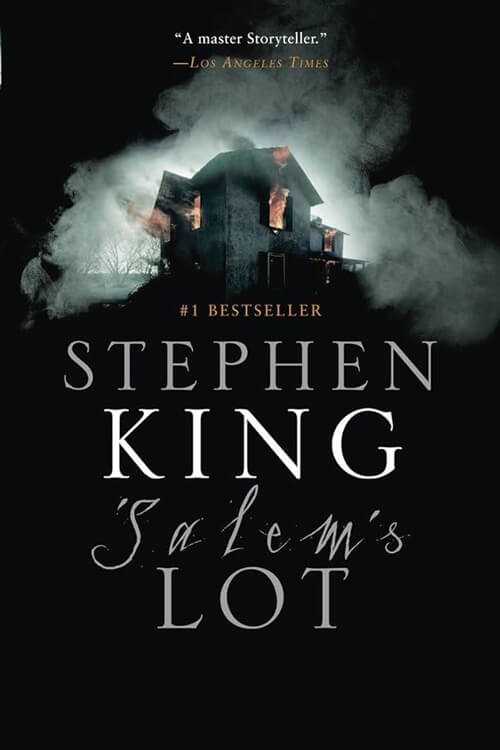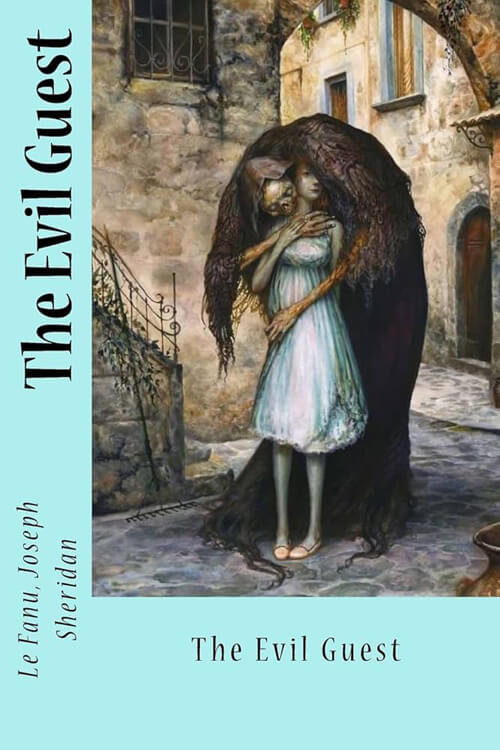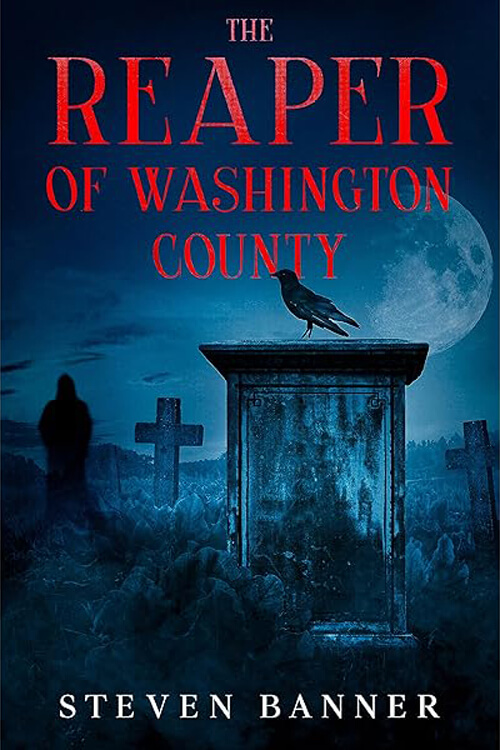
Fosgate’s Game
Chadwick stirred awake. He had finally drifted off, and now, with dawn beckoning, he supposed he should be on with it. In the faint light, he saw the grim shape of Fosgate’s head and the thick crimson pool around it. He kept his wits about him, holding back the simmering ill in his gut. He struggled to sit up.
His gaze fell to the chessboard—to the white Knight who had finished Fosgate. A thin splatter of dried blood lay at its feet, the spatter just below the tip of the bloodied blade.
Quickly, he gathered the chessmen into the case and slipped the receptacles into his pockets. He set the original pieces on the board haphazardly enough to make it appear like a match had been played.
At the study doors, he stopped and turned. He drew a long last look at the remains, shame and anger sweeping through him. Twenty minutes and two antacids later, he was driving along the Thames in his Mercedes.
As the sun rose, he reached the Thames Estuary and chartered a vessel. Two miles from the mainland, he killed the engine. The icy sea rolled gently, a fine mist glowing along the horizon.
He moved from the cabin to the rear of the boat. The January cold made him shiver, yet it invigorated him. As far as his weary eyes could take him, they told him what he needed to know. He was alone.
Read or download Book
David C. Cassidy
David C. Cassidy is an American historian of science and professor emeritus at Hofstra University, Hempstead, New York. He is best known for his contributions to the history of quantum mechanics, scientific biography, the history of physics in Germany and the United States and, most recently, science-history drama.
Education
Born August 10, 1945, in Richmond, Virginia, Cassidy attended schools in Detroit, Michigan; Louisville, Kentucky; and northern New Jersey. His father, trained in history and business, was a labor-relations executive at the Ford Motor Company. His mother, a survivor of the Armenian genocide, became a librarian. He received the BA (1967) and MS (1970) degrees in physics at Rutgers University. His PhD (1976) was awarded in a unique arrangement involving Purdue University (physics) and the University of Wisconsin Madison (history of science). He completed his dissertation on Werner Heisenberg’s route to quantum mechanics under the guidance of Daniel M. Siegel (Wisconsin History of Science), Norman Pearlman (Purdue Physics), and Vernard Foley (Purdue History).
Career
1976–1977. Research fellow with John L. Heilbron, Office for History of Science and Technology, University of California Berkeley.
1977–1980. Research fellow of the Alexander von Humboldt Foundation with Armin Hermann, University of Stuttgart, Germany.
1980–1983. Assistant professor with Imre Toth, University of Regensburg, Germany.
1983–1990. Associate editor of The Collected Papers of Albert Einstein, Volumes 1 and 2, Princeton and Boston.
1990–2015. Associate and full professor, Hofstra University.
2015–present. Professor emeritus, Hofstra University.
Honours
Cassidy’s honours and awards include the History of Science Society’s Pfizer Award, the American Institute of Physics Science Writing Award, the Abraham Pais Prize[5] of the American Physical Society, and an Honorary Doctorate of Science awarded by Purdue University.

